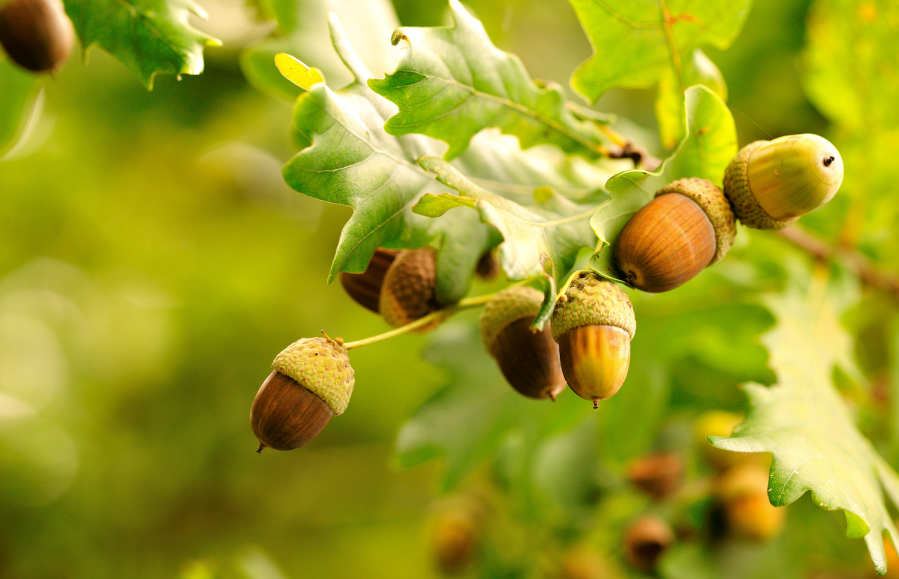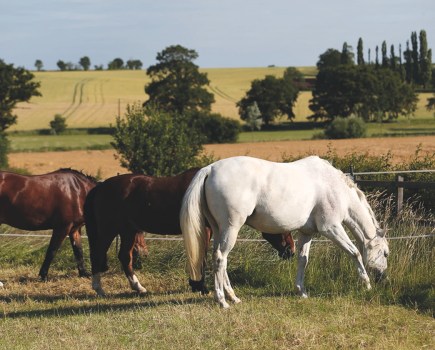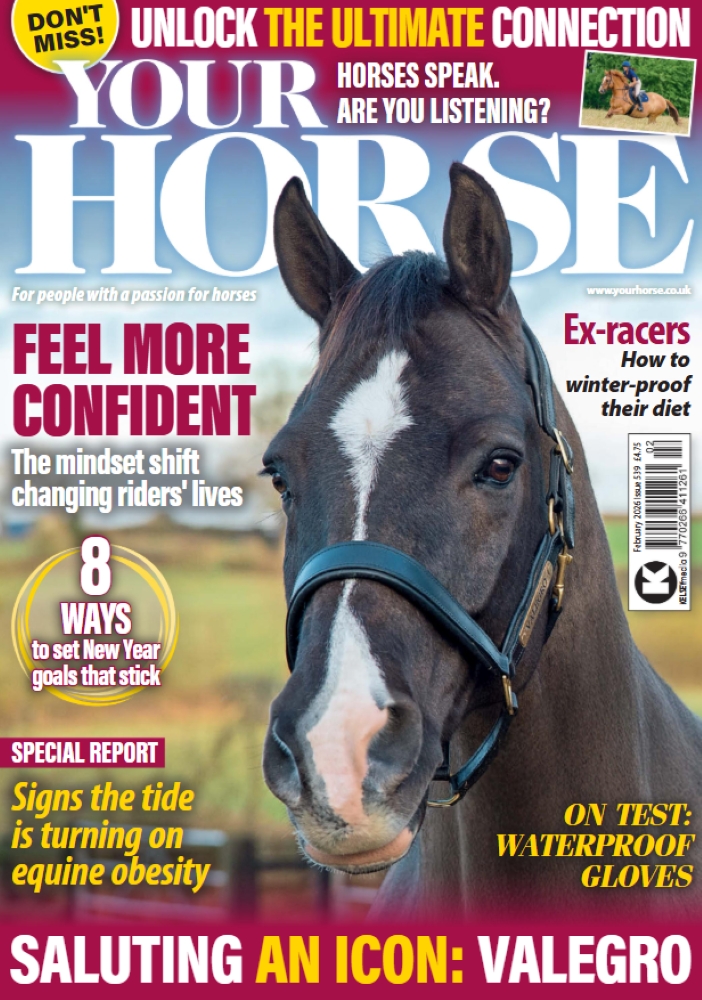Horse owners have been warned to be on their guard against colitis, after a spate of cases in recent weeks following fluctuating temperatures and wet weather across the country.
Little Rock Equine Vets in Endon, Staffordshire, said they have seen a rise in horses presenting with high temperatures (pyrexia), diarrhoea, or rapid weight loss. These symptoms fall under the general term colitis, which refers to inflammation of the large intestine.
“Colitis can develop for several reasons, including encysted redworm, acorn poisoning, complications from antibiotics, or overdosing Bute,” they said.
This year’s weather conditions have created ideal conditions for encysted redworms. Fluctuating temperatures and wet conditions can encourage larvae to persist on grazing and increase the risk of heavy larval emergence.
The conditions also mean oak trees are producing more acorns than usual, and horses can suffer acorn poisoning if these are ingested.
“Both can cause sudden and severe inflammation of the gut,” they continued. “Encysted redworm burdens often go unnoticed until the larvae emerge in large numbers, triggering acute colitis, marked weight loss, diarrhoea, lethargy, and colic signs.
“Acorn toxicity can produce similar symptoms and tends to appear quickly once horses gain access to fallen acorns.
“Colitis can deteriorate rapidly, so early assessment and treatment are crucial.”
Owners who notice diarrhoea, a rising temperature, a sudden drop in weight, or their horse just ‘not being right’ are urged to contact their vet immediately.
“Early intervention makes a significant difference to patient outcomes,” they added.
A worrying time of year
Amie Wilson, a specialist veterinary surgeon working at the University of Liverpool’s Leahurst Equine Hospital, explained that colic is a broad overall term that describes abdominal pain in horses.
Colitis is colic due to inflammation in the gut. It can cause diarrhoea and a fever as well as signs of colic. Inflammatory conditions can be sudden onset or may develop slowly with weight loss.
Some causes of colitis can be infectious to other horses and humans, so it is important to isolate these patients from other equines and to follow careful hygiene practices if your vet advises them.
Ms Wilson also warned that the risk of impaction colic is higher this time of year, as horses may drink less as temperatures drop.
This type of colic is caused by a blockage of the intestine, typically due to the accumulation of ingesta (partially digested feed material) within the gut, resulting in a blockage.
The British Horse Society (BHS) set up its ‘REACT Now to Beat Colic’ campaign to help horse owners and riders identify the early signs of colic.
The message is:
- Restless or agitated: for example, the horse repeatedly rolling, sweating, trying to lie down.
- Eating less or droppings reduced: this can include a change in consistency of droppings too.
- Abdominal pain: the horse might kick or bite at their tummy, paw the ground.
- Clinical changes: such as, high heart rate, increased breathing, reduced gut sounds, pale gums.
- Tired or lethargic: a lowered head position or appearing dull and depressed.
“Colic cases can quickly deteriorate so early recognition and prompt veterinary attention is vital to increase the chance of recovery for the horse,” says the BHS.
Lead image by Shutterstock








